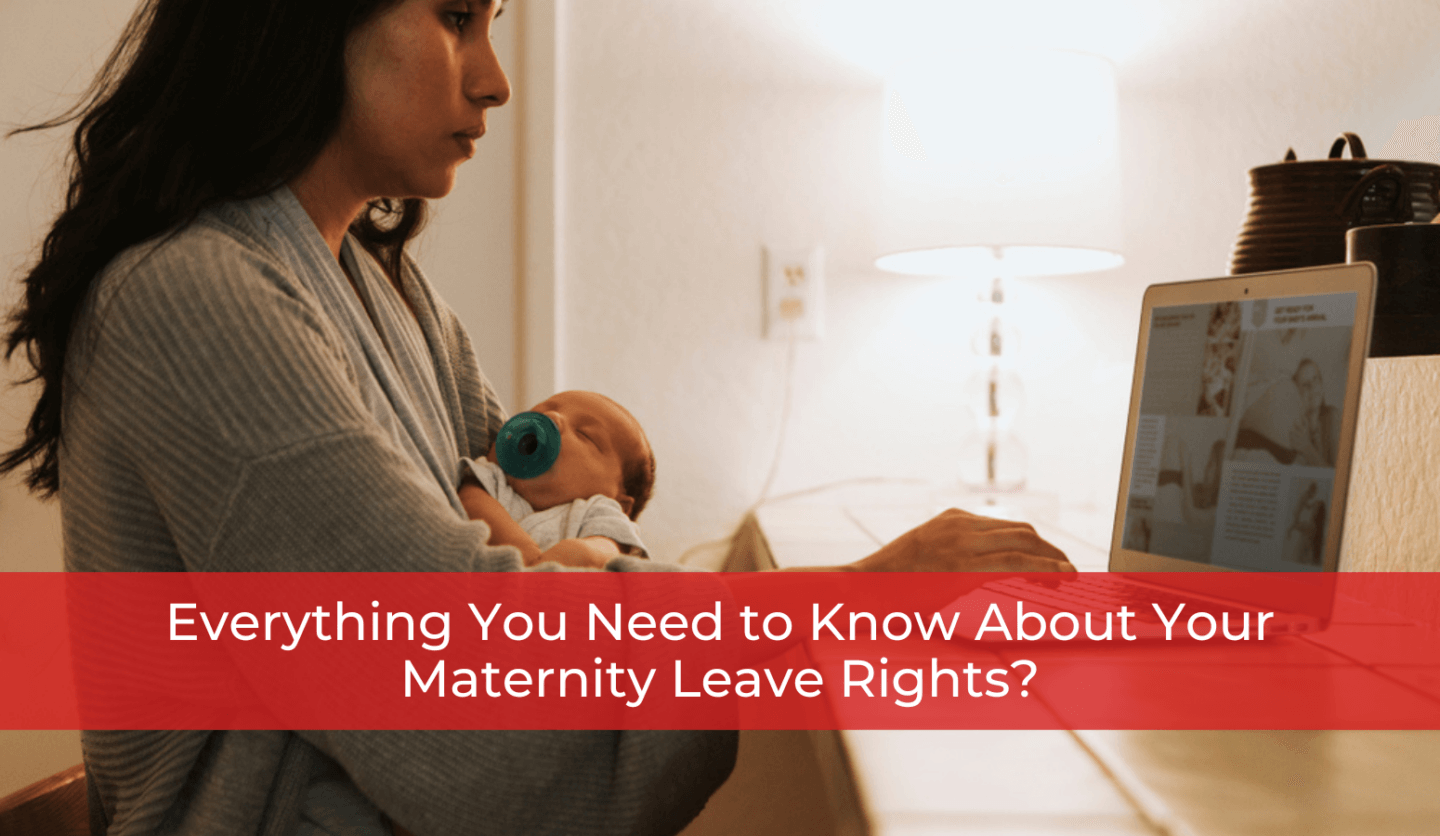
Everything You Need to Know About Your Maternity Leave Rights?
Maternity leave and parental leave are pivotal aspects of employment in Canada, providing new parents with essential time to care for their newborns. In this comprehensive guide, we explore the rules surrounding maternity and parental leave, the intricacies of topping up benefits, and what to expect upon returning to work after leave.
Understanding Maternity Leaveand Parental Leave: Canadian employees have the flexibility to choose between a 12-month or 18-month maternity or parental leave. However, it’s crucial to note that the leave must be taken in one continuous period, and any return to work, even part-time, forfeits the remaining leave. In Ontario, maternity leave is referred to as “pregnancy leave” or “parental leave,” depending on the timing of the leave.
Pregnancy and Parental Leave in Ontario: Pregnant employees in Ontario can take pregnancy leave for up to 17 weeks after giving birth. To qualify, the employee must have started working for the employer at least 13 weeks before their due date. Additionally, parental leave of 61-63 weeks is available to birth mothers, adoptive parents, and non-birth parents, starting immediately after pregnancy leave unless certain circumstances arise.
Top-Up Benefits: While Employment Insurance benefits are available during parental leave, they often fall short of covering all financial needs. Many employers offer “top-up” parental benefits to supplement these earnings. It’s essential to understand that these agreements may require repayment if the employee voluntarily leaves the company within a specified period. Service Canada does not register these agreements, but certain criteria, such as not exceeding weekly earnings, must be met to avoid impacting EI payments.
Returning to Work After Maternity Leave: The transition back to the workplace after parental leave can be challenging. A survey revealed that a significant number of Canadian women received minimal support during this return, leading to feelings of mismanagement and potential thoughts of quitting. Adequate communication and support during the leave can minimize the shock of returning to a changed workplace.
Job Security and Discrimination: Concerns about job security post-parental leave are common. Employees are entitled to reinstatement under the Employment Standards Act, 2000. Failure to return to the same or equivalent position may be considered discrimination based on sex or family status, potentially leading to a case of constructive dismissal.
Maternity leave and parental leave bring forth a myriad of questions and concerns for both employers and employees. While government resources provide information on Employment Insurance, seeking guidance from an employment lawyer, such as Whitten and Lublin, can offer personalized insights and help navigate the complexities of maternity and parental leave, ensuring a smoother transition for all parties involved. For more information, contact us online or by phone at (416)-640-2667



